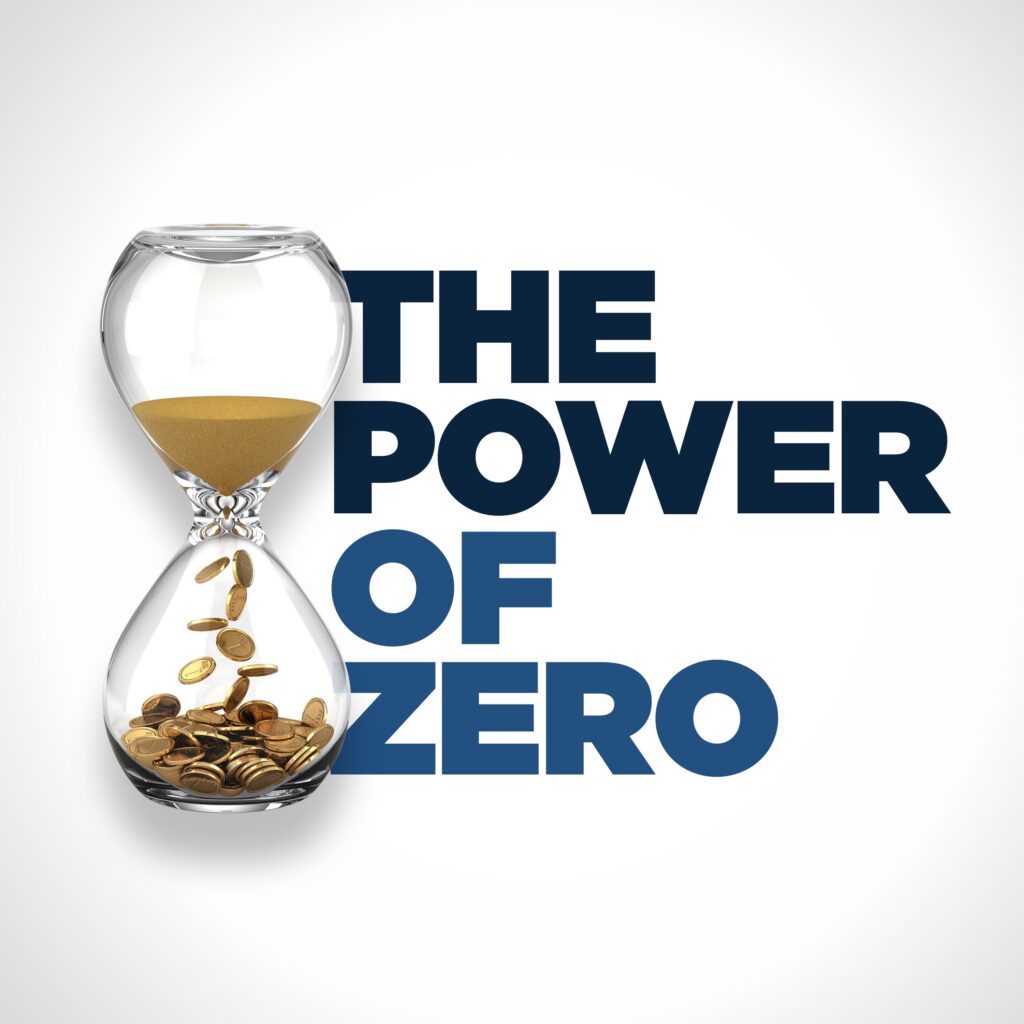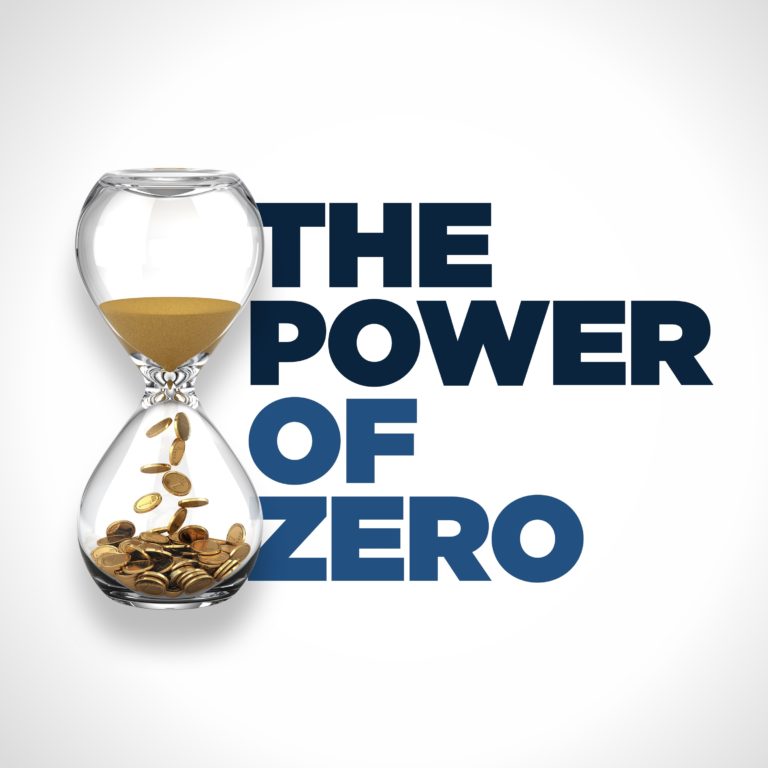Episode 165 of the Power of Zero show covered how Joe Manchin gave a firm ‘No’ to Joe Biden’s signature legislation, the Build Back Better plan, in its current form. This topic is of crucial interest in regards to Power of Zero planning, because had he gotten that legislation through, it would have required the changing of the U.S. tax code to pull it off – this would have extended the Trump tax cuts for middle America by another 8 years.
Democrats managed to get Manchin back to the negotiating table but this came with a twist: they hadn’t anticipated that he was prepared to bring forth a revised bill of his own.
The $1.8 trillion compromise bill proposed by Manchin addressed the parts about climate change and childcare provision with the intention of changing them.
According to anonymous sources, President Biden and Manchin were close to reaching a deal. Had they succeeded, the Trump tax cuts would have been extended for another 8 years. This would have been good news from a power of zero retirement planning strategy point of view but bad news for the fiscal condition of America.
What transpired from a couple of articles published in The Washington Post and Yahoo.com was that the compromise proposal had been taken off the table – something that was later confirmed by an impatient-sounding Manchin himself. The likely outcome of all of this is the expiration of Trump tax cuts in 2025.
As this appears to be the end of the Build Back Better plan, it’s important to start looking at potentially stretching tax obligations out for more than 4 years. Also, the closer you get to 2026, the less sense it makes to try to get all of the heavy lifting done between now and then.
David would warn against letting your shift plan go too long and get too close to 2030 and beyond, for the fact that the closer your shifting plans get to that year, the more likely the government will be to raise taxes to pay the interest on the national debt (which, as you may remember, is approaching $30 trillion).
An economist David had recently listened to discussed how he had seen 3-4 interest rates happening over the course of the next 12 months. Paying the interest to service the national debt is likely to skyrocket, and it will consume more and more of the federal budget too.
Year after year, every little uptick in interest rates increases the chances of tax rates rising dramatically between now and 2030 – otherwise, the U.S. could go broke as a country. These exploding interest rates may actually constrain the federal government to raise taxes.
David suggests making sure that you get all of your asset shifting done before 2030.
Unless Republicans gain control of the House and Senate, and the Presidency, in 2024, it looks like Trump tax cuts will expire in 2026. This will probably lead to many people not being able to get their shifting schedule completed before tax rates will go up for good.



